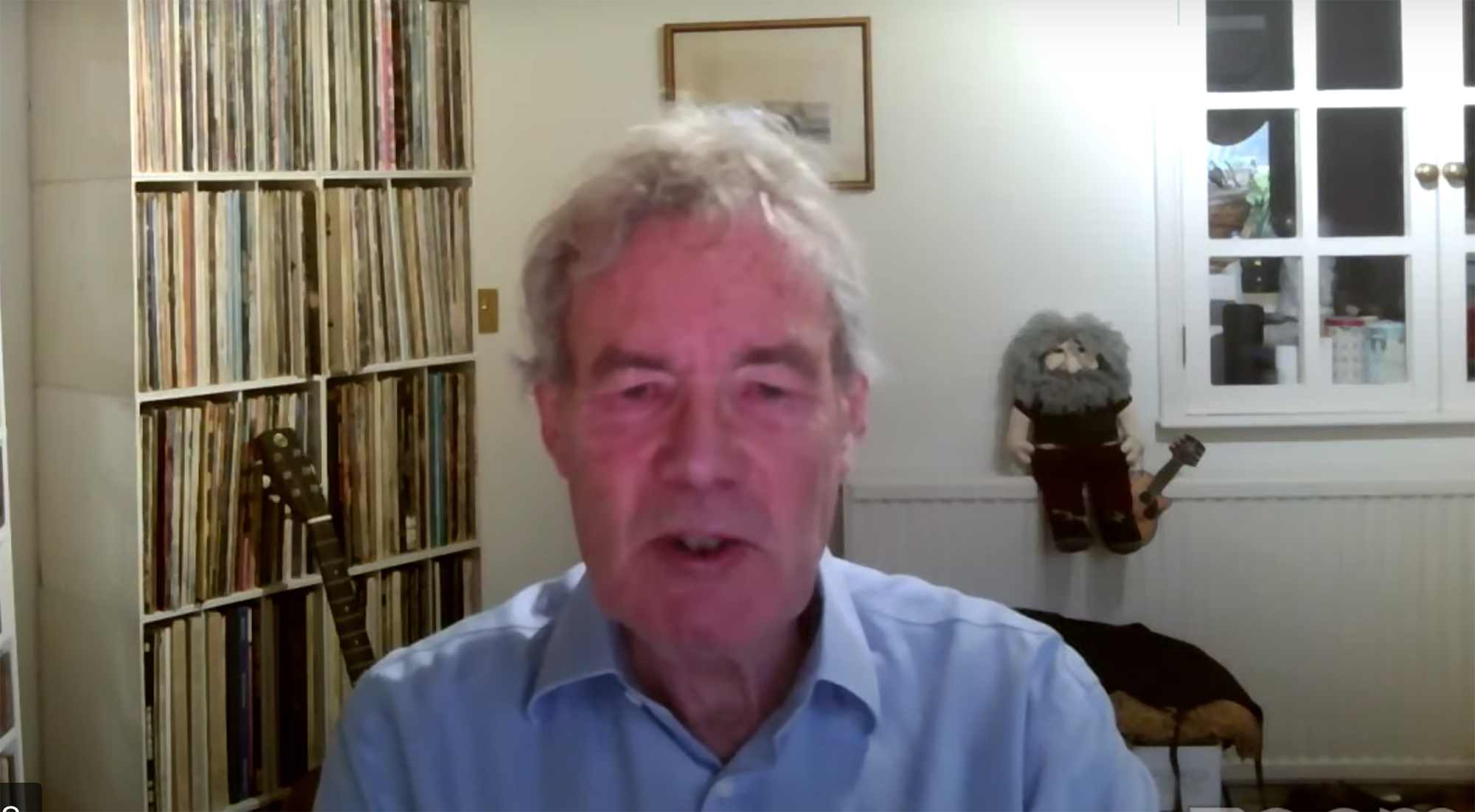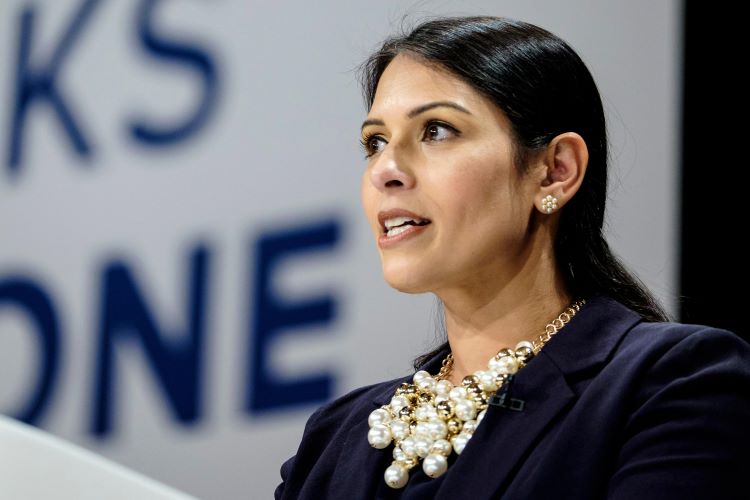PMs Should Not Be Able To Decide Which Ministers Are Investigated As It Leads To Code Breaches Being “Dismissed”, Says Advisor Who Quit Over Priti Patel Row
Two former independent advisors on the ministerial code said the Prime Minister should no longer decide who is investigated for a potential breach (Alamy)
3 min read
The decision to start investigations into ministers for breaking their code of conduct should not be made by the Prime Minister anymore.
That is the view of two former independent advisers on the ministerial code, one of whom quit last year after his recommendation in the Priti Patel bullying case was ignored.
Appearing in front of the Committee on Standards in Public Life this morning, Sir Alex Allan said the current system risks risks damaging public confidence in the process for holding senior politicians to account.
He suggested there have been incidents “which prima facie appear to involve a breach of the code” which were simply “dismissed”.
Currently the Prime Minister has to refer ministers to their independent adviser before an investigation can take place, prompting criticism that legitimate allegations are dismissed.
Allan quit the role after seven years in post last year after Boris Johnson overruled his finding the Home Secretary had bullied civil servants in breach of the ministerial code.
While he acknowledged ultimately it was for a PM to decide on what sanction to place on a member of their government for breaking the code, he said he believed there was now a case for introducing a "greater element of independence" into starting the investigation of complaints.
"I think actually there is a case now for giving the independent adviser the role of initiating investigations," he said.
"I think the issue really now is whether the process is actually damaging to the perception of whether ministers do or don't adhere to the code.”

Allan, who had a long and distinguished career in the civil service, added: "There have been incidents which prima facie appear to involve a breach of the code but which haven't been referred to the independent adviser.
"It is perfectly possible that the allegations weren't supported by the facts. But the way the allegations have been dismissed I think has raised questions about the operation of the system and about the confidence that the public can have in the impact and effectiveness of the code.”
He was backed by his predecessor as independent adviser, Sir Philip Mawer, who told the committee: "it would give very significant reassurance to the public” and take investigations "out of the immediate political maelstrom”.
He added: “There is always a temptation for new administrations or prime ministers who are particularly strong in their position to think that 'What I say goes'.
"It is a temptation in the way of all prime ministers and one that is best resisted."

Allan also revealed when he took over from Mawer he was quizzed by Patel, then a backbench MP, if he could be “truly independent” given his background in the civil service.
He said she asked him: “Do you feel in your current role that you’re actually able to challenge those around you, including the Prime Minister, if you hear or see anything untoward that ends to be drawn to his attention?”
A subsequent report was very critical of of his independence, he recalled, adding: “I think it is very important both that the PM has confidence in the advisor - but also in that the public has confidence in his or her impartiality.”
